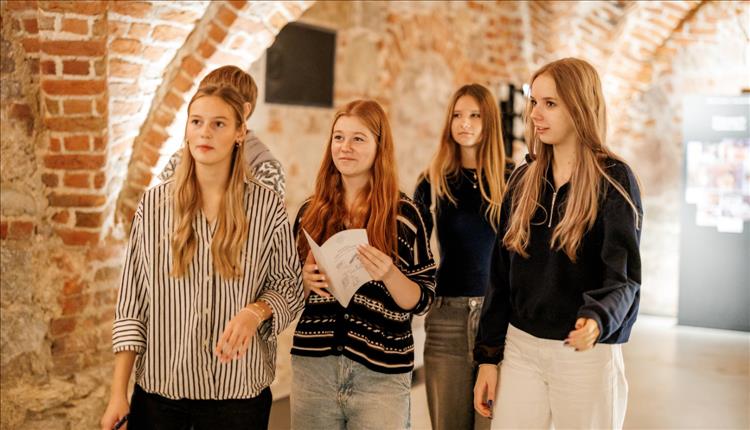
UNESCO Spotlights Latvia's Innovative Approach To Cultural Education
The guidelines open with the statement:“Culture and the arts are an integral part of inclusive, fair, and quality education. They foster creativity, critical thinking, and respect for cultural diversity, empowering learners to meaningfully engage with the world and contribute to a more just, sustainable, and peaceful society.”
The document underscores that equal access to cultural and arts education is a core human right and a foundation for societal well-being. Many children and young people worldwide still face limited access-especially those in remote or socially disadvantaged areas. For this reason, UNESCO recognized“Latvia's School Bag” as a strong example of how a nationwide system can make cultural participation a right rather than a privilege.
“UNESCO's recognition confirms that our approach - a long-term, structured, and close collaboration between schools, artists, and cultural institutions to make culture accessible to every student - has become a global example,” said Aija Tūna, Head of the Latvia's School Bag program.
In addition to this new recognition, program experts have actively contributed to the development, translation, and implementation of the UNESCO Framework for Culture and Arts Education in recent years, increasing Latvia's visibility on the European and international stage.
Representatives of Latvia's School Bag have also participated in the European Network of Observatories in the Field of Arts and Cultural Education (ENO) meetings, as well as the ACEnet network of European policymakers, officials, and academics. These discussions have focused on how cultural education can strengthen peace, sustainability, and social cohesion.
Since its launch in autumn 2018, Latvia's School Bag has provided state-funded opportunities for students to regularly experience Latvia's cultural heritage and contemporary arts - including music, theatre, dance, circus, visual arts, cinema, architecture, design, literature, and publishing - in connection with school curricula.
Each school semester, more than 230,000 students participate in at least one of 5,000 cultural events organized through the program, which is administered by the Latvian National Centre for Culture.
The program is featured in the publication“UNESCO Framework for Culture and Arts Education: Implementation Guidelines”, available at href=":/48223/pf0000395719" unesc.

Legal Disclaimer:
MENAFN provides the
information “as is” without warranty of any kind. We do not accept
any responsibility or liability for the accuracy, content, images,
videos, licenses, completeness, legality, or reliability of the information
contained in this article. If you have any complaints or copyright
issues related to this article, kindly contact the provider above.


















Comments
No comment